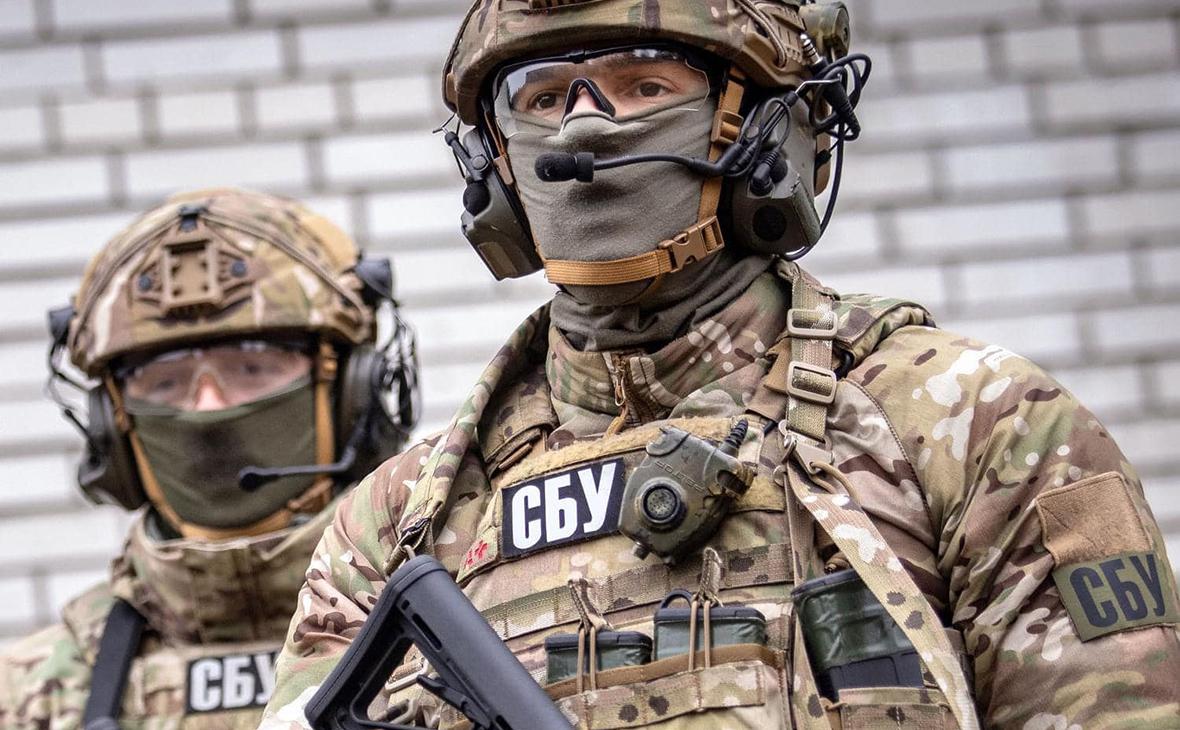Nine manufacturers of industrial equipment from the Czech Republic, Poland, Sweden, and Switzerland have continued their operations in Russia following its invasion of Ukraine. Their products are reportedly used in military equipment, making such supplies a violation of Western sanctions, according to a joint investigation by The Insider and Czech publication Investigace. European companies conduct business through subsidiaries and firms owned by their top executives. The turnover of these local divisions began to grow after the war started, reaching nearly 6.4 billion rubles by 2023.
Key Findings
-
TOS Varnsdorf (Czech Republic)
The machine-building plant "GRS Ural" in Yekaterinburg, controlled by TOS Varnsdorf, increased its business volume by 1.5 times in 2023. The plant uses components imported from the Czech Republic and purchases machines from TOS Varnsdorf. By the end of 2023, the plant held inventory worth 560 million rubles, and its revenue grew to 673.4 million rubles compared to 436.3 million rubles the previous year.- From February 2022 to September 2024, TOS Varnsdorf exported over $12 million worth of goods to Russia, involving its subsidiary, "TOS Varnsdorf-Rus," and partner firms "KR Group" and "KR-Prom." These companies also imported equipment from other Czech manufacturers.
-
KR-Prom (Czech Republic)
KR-Prom saw its revenue triple in 2023 compared to the previous year, reaching 1.163 billion rubles. The firm collaborates with at least three state defense plants, including:- Almaz-Antey, which produces S-300 and Tor air defense systems.
- Perm-based Mashinostroitel, a manufacturer of rocket and aviation engine components.
- Reductor PM, which supplies parts for Mi-8/17, Mi-26, and Mi-28 helicopters.
-
Tachtech (Czech Republic)
The company, which builds heating and thermal furnaces for industry, operates in Russia through its joint venture "Takhtekh." The firm collaborates with metallurgical plants supplying metal for military factories, including the Omsk Transport Engineering Plant, which produces equipment for heavy flamethrower systems and services T-80 tanks. -
Alta (Czech Republic)
Alta operates in Russia through its subsidiary "A-R," specializing in machinery and equipment for mining and mineral processing. From the start of the war, "A-R" received 185 shipments worth $8.67 million. These imports may have violated EU sanctions on such equipment. -
Kovosvit (Czech Republic)
Kovosvit supplied 56 shipments of machinery to Russia worth $3.2 million after the invasion. The company's products were imported via "Labara-Rus," a subsidiary of Czech firm Labara, which also deals in dual-use goods critical to Russia's military. -
Meg Metal SA (Switzerland)
Between 2022 and 2023, Meg Metal SA imported steel products worth $13.87 million through its Russian subsidiary "Eurostal." Clients included:- Prometey Research Institute, which develops alloys for nuclear submarines and icebreakers.
- Uralmashzavod, a producer of equipment for metallurgy and mining.
- Silovye Mashiny, a gas turbine manufacturer.
Revenue for Eurostal grew by 206% in 2023, reaching 1.524 billion rubles.
-
GCE Group (Sweden)
GCE Group, a supplier of gas equipment, exported $5.82 million worth of goods between February 2022 and April 2024 via its subsidiary "GCE Krass." These included dual-use items like regulators and welding machine components. -
Seco/Warwick (Poland)
Seco/Warwick supplied $1.41 million worth of industrial furnaces to Russia from February 2022 to April 2024, with 69% of shipments coming directly from Poland. Much of this equipment is dual-use and banned under the EU’s 11th sanctions package.
These findings reveal significant loopholes in sanctions enforcement, as dual-use goods and critical industrial equipment continue to bolster Russia's military capabilities.




















